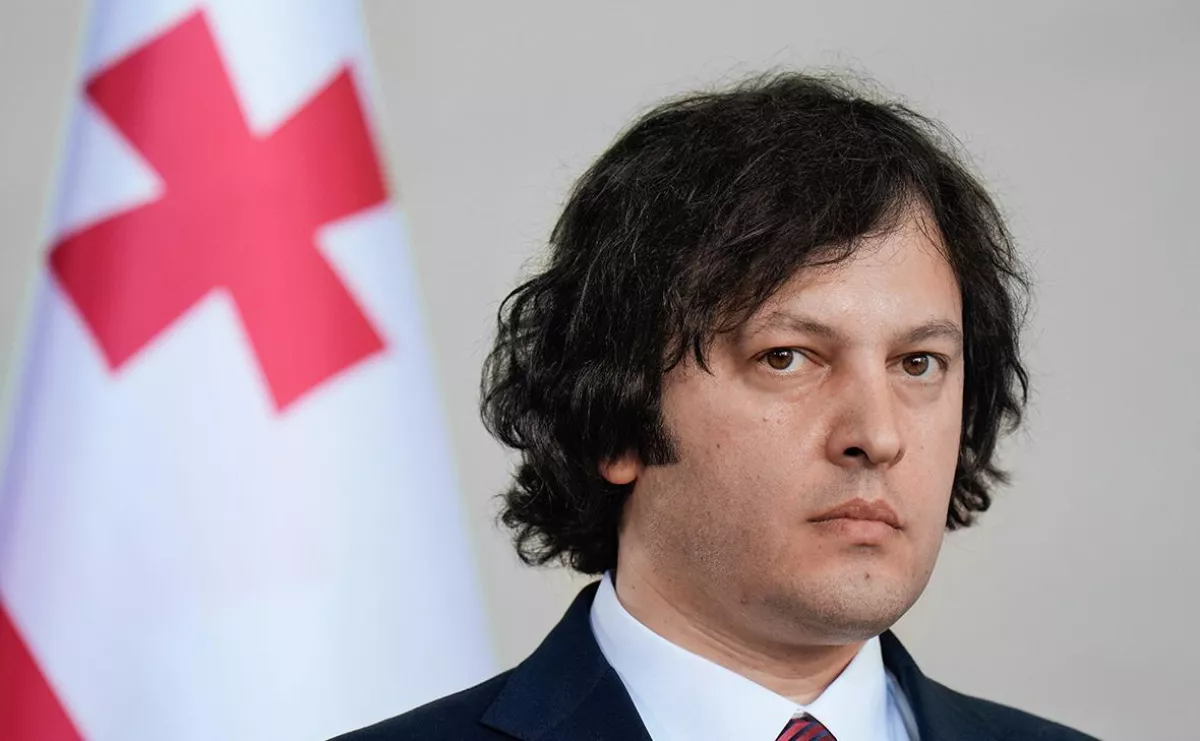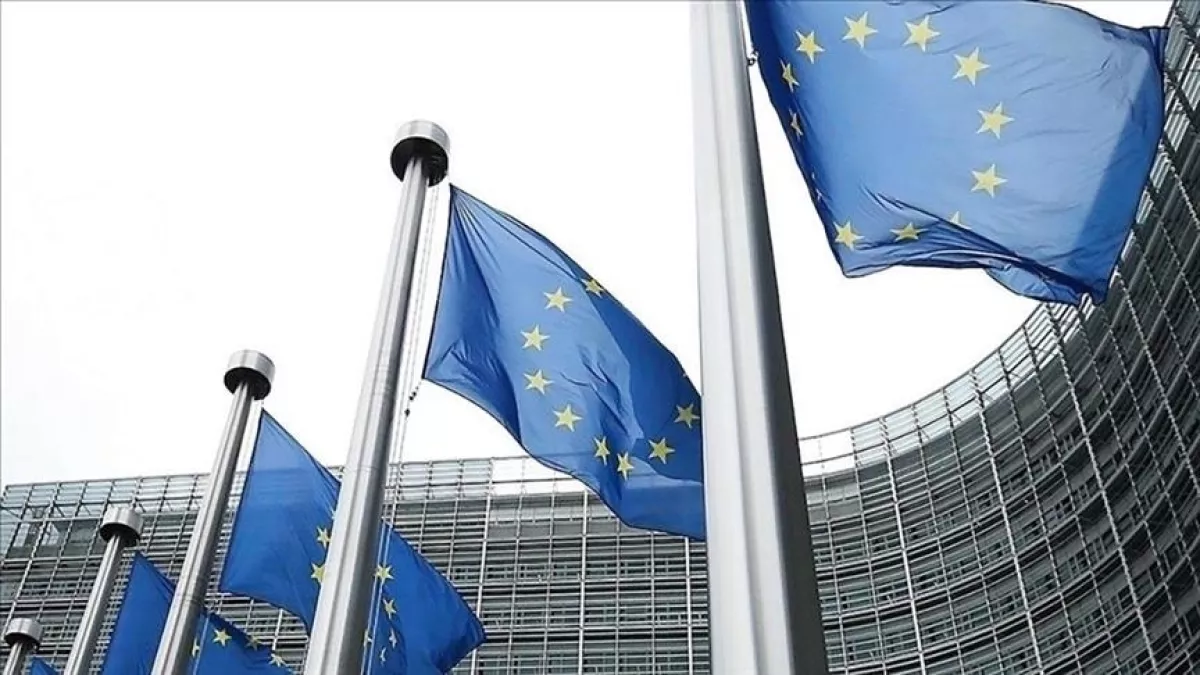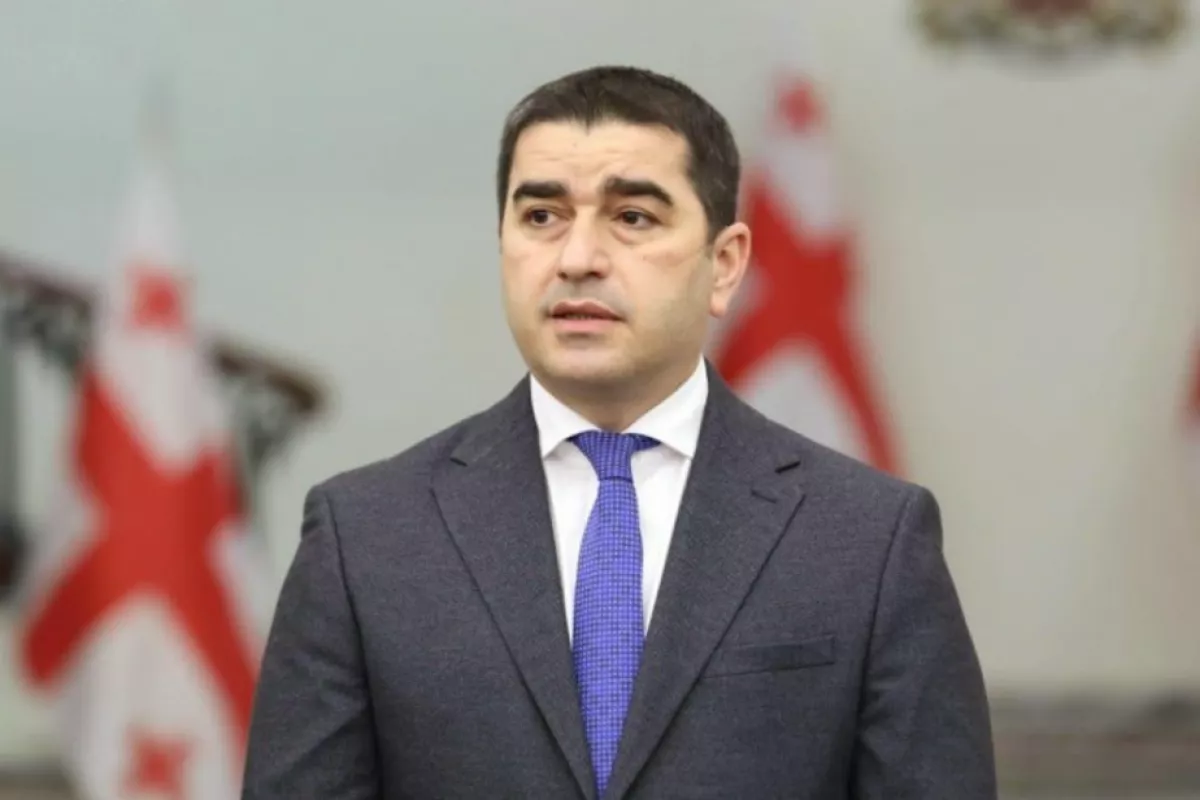Where is Georgia heading? Tbilisi and Brussels diverge on values
As is known, in November 2024, Georgia withdrew its EU membership application and refused all budgetary grants from the Union until the end of 2028.

At that time, Prime Minister Irakli Kobakhidze stated that the country would fulfil the obligations outlined in the Association Agenda and the Free Trade Agreement, but using its own funding.
“We are not going to join the European Union by begging and standing on one leg; we will join the European Union with dignity, with a proper democratic system and a strong economy,” he said.
And, as follows from yesterday’s statement by Georgia’s First Deputy Finance Minister Giorgi Kakauridze, the Georgian authorities intend to adhere firmly to this line.
“You will not see budget support grants in 2026. We are not working on that. As of today, there is no work being done to attract grants from various EU agencies, because our declared policy is that we will not work on grants to support the budget,” he said while presenting the draft 2026 budget in parliament.
Notably, among all international organisations, the EU has been Georgia’s largest donor, although the volume of grants has changed significantly over the past two years. In 2024, the total reached 105 million lari ($39 million), but in 2025 it fell to just 7 million lari ($2.5 million). Despite this, the decision to forego EU grants will have a noticeable impact on the country’s budget.
Overall, these statements from the Georgian government should be interpreted as a clear challenge to the EU, signalling that the country bases its key decisions solely on national interests and has no intention of yielding to external pressures—in this case, from the European Union. That is the first point.
Secondly, it is quite possible to assume that the Georgian authorities have grown considerably frustrated with the prolonged EU accession process, especially given that the bloc speaks to the country in a tone of diktat.

Tbilisi submitted its EU membership application in March 2022, following Ukraine and Moldova, which were granted candidate status in June of the same year. Yet Georgia only received candidate status in December 2023—a delay that sent a clear warning signal for the country.
Relations further deteriorated after Georgia passed the “foreign agents” law, prompting the EU to suspend the accession process and freeze part of its financial aid. The situation worsened when the European Parliament refused to recognise the results of the 2024 parliamentary elections, won by the Georgian Dream party, issuing a resolution claiming the vote “a further manifestation of the continuing democratic backsliding.”
Subsequently, the European Parliament called for sanctions against Prime Minister Kobakhidze, Tbilisi mayor, the General Secretary of the ruling Georgian Dream party Kakha Kaladze, Speaker of Parliament Shalva Papuashvili, and former Prime Minister and oligarch Bidzina Ivanishvili.
In response, Georgia removed the issue of EU membership negotiations from its agenda until 2028, while maintaining its ultimate goal of joining the EU. Recently, Kobakhidze stated that the government remains committed to EU membership, but only if Brussels “acts fairly and does not use this issue as a tool for blackmail,” noting that it took Georgia one and a half years to achieve candidate status.
“We had to fight for it. Candidate status was even used as leverage. Later, pressure over the start of accession talks created unrest in Georgia,” he said, adding that the government still aims to become a full EU member, but wants to “proceed along this path only in accordance with rules and principles of fairness.”
However, the EU has maintained a hardline stance toward Georgia. The country was excluded from the bloc’s 2030 expansion plan. Moreover, the visa-free regime could be revoked if, as EU foreign policy chief Kaja Kallas stated, Tbilisi does not align its policies with EU requirements.
Notably, many of these conditions make Georgia’s EU accession highly unlikely. The EU expects the country to implement reforms to strengthen democratic institutions, as well as economic changes to facilitate integration into the single European market. One key demand is tackling corruption, which Brussels sees as a persistent problem. Additionally, the government, led by the ruling Georgian Dream party, is expected to repeal laws restricting independent media and non-governmental organisations (NGO), amend the national human rights strategy and action plan, and ensure full protection of LGBT rights.
Given these demands, which clash with Georgia’s national interests and strategic priorities, a compromise appears unlikely—a view echoed by the Georgian Parliament Speaker.

“European values, as we Georgians understand them and of which we are co-creators, are dialogue, not confrontation - conversations, not directives; understanding the interests of others, not giving instructions. Unfortunately, Brussels has strayed from these values, and the result is the confrontational tone, attacks, and rhetoric we now hear against the Georgian people,” said Shalva Papuashvili.
Thus, taken together, all these facts suggest that tensions in relations between Brussels and Tbilisi are likely to grow, which, in turn, will undermine the process of the neighbouring country’s integration into the European community, making the prospect of Georgia joining the EU in the medium term highly uncertain.








